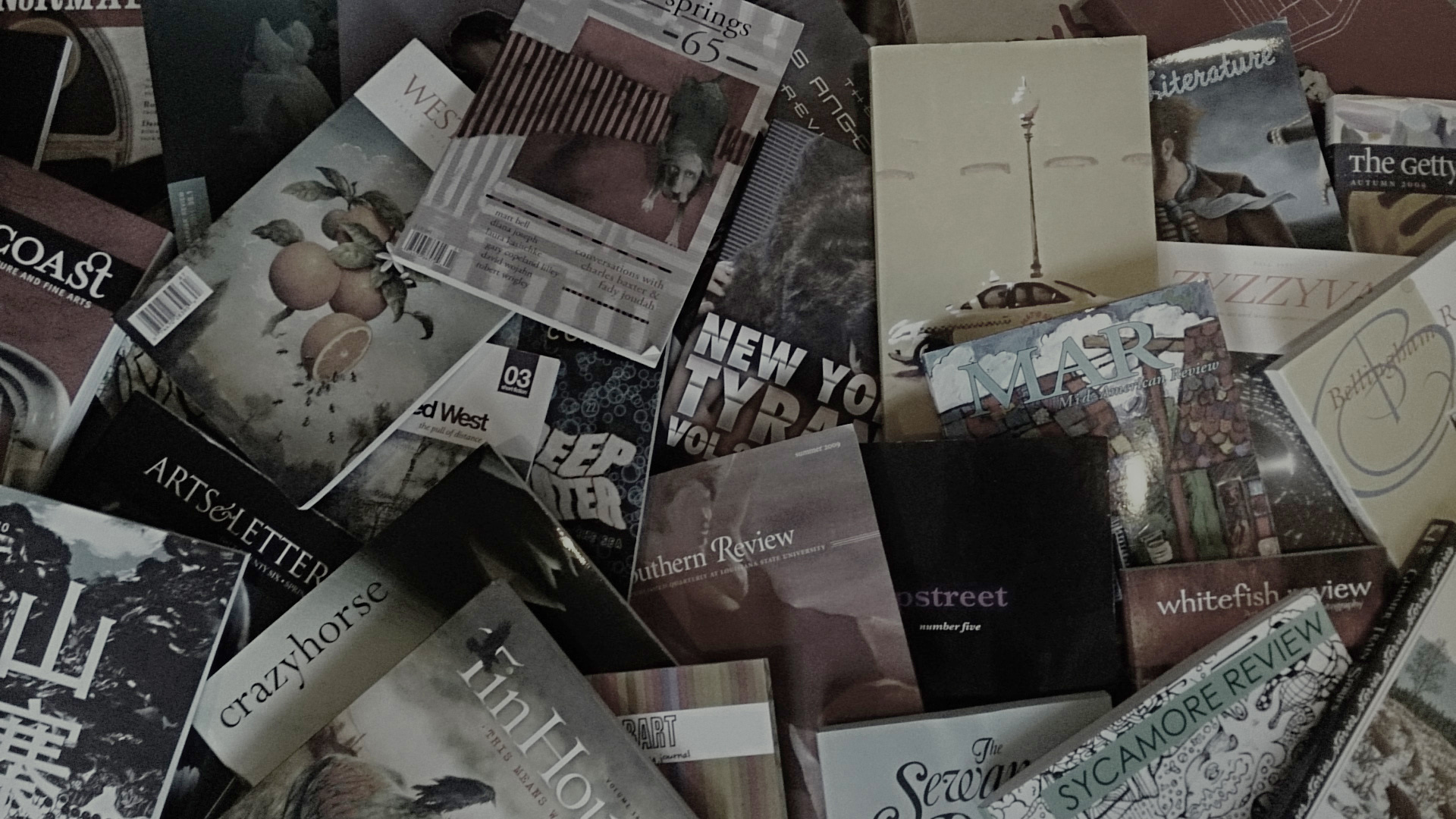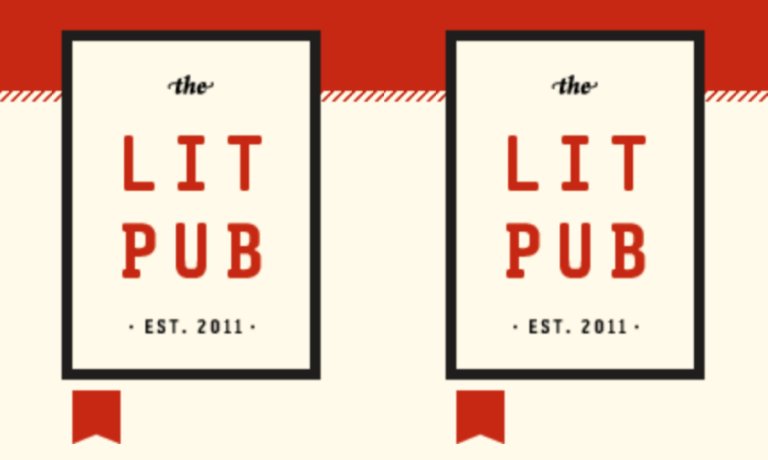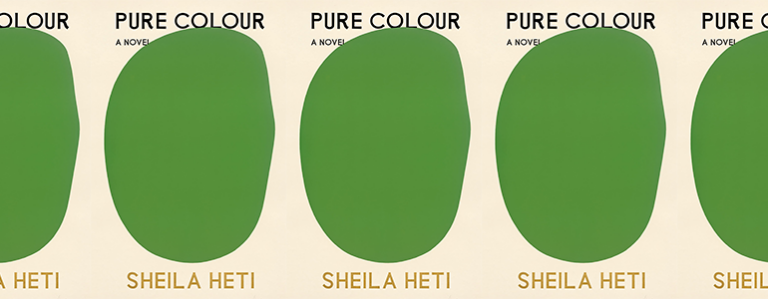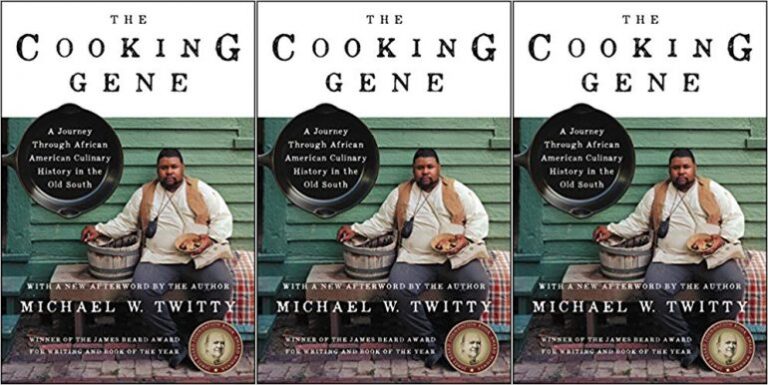The Best Short Story I Read in a Lit Mag This Week: “Bethlehem” by Chika Unigwe

In “Bethlehem” (One Throne Magazine), Chika Unigwe explores the ways in which a community’s sources of pride and ignorance can cause tragedy in the lives of those who don’t fit into the conventional molds.
In the first section, Unigwe presents clues to the conflict between the protagonist Chimelumma and her infant Beth (short for Bethlehem).
A baby was supposed to fill all the gaps in their lives, plug all the holes through which sadness might seep in….Instead, the reality now was that Beth was creating fissures in Chimelumma. Chimelumma knew how to seal cracks in china plates: put the china in a pot, pour in two cups of milk, heat over low for an hour, cool in cold milk, rinse, and voila! the crack reseals itself. But Chimelumma did not have enough milk to heal the cracks Beth had created, or to stop the cracks from spreading.
Unigwe is describing what was expected from the baby versus what has actually happened. But notice how she implies some important contextual information in the process: First, that sadness was already seeping in before the baby was born. Second, that Chimelumma doesn’t believe she has enough “milk” to heal the additional cracks the birth of her child has created.
Unigwe expands upon the nature of the conflict by showing us that there’s more to the milk metaphor than initially shown. Chimelumma, we find, has struggled to produce breast milk for Beth. This reality grows in Chimelumma’s mind from being a mere difficulty to a full-blown obsession, fed internally by her mental illness and externally by those around her.
The first example of the latter comes in the form of Chimelumma’s mother, whose attempt to help serves only to exacerbate the situation.
Earlier that week, Chimelumma’s mother (in some Ghanaian village on a mission trip, preaching to and feeding the poor) told her over the phone not to worry. “Soon, you’ll be needing an entire tank to store your milk…You are your mother’s daughter…The women in our family do not lack milk. You sucked your mother’s breast and your baby must suck yours too. God will help you…”
Mother’s words are at best encouragement or a hopeful form of denial, or at worst, gaslighting.
Unigwe presents further fuel for the conflict through broader cultural myths in Nigeria surrounding the practice of breastfeeding. In the hospital, struggling to produce milk, Chimelumma remembers how a third grade classmate’s academic difficulties were explained.
“His mother died while giving birth to him. He was raised on cow milk,” the teacher told the class as if that explained everything. When Chimelumma told her grandmother, she said to Chimelumma, “Feed a baby cow milk, he grows up acting like a cow.” Even though Chimelumma no longer believed that Goddy’s slow learning was completely a result of not being breastfed, every book she read on pregnancy promoted breast milk as the best way to guarantee her baby’s health.
Notice that Chimelumma doesn’t believe in this myth of the danger of cow’s milk, yet its presence in the society still manages to affect her; Unigwe is challenging the myth that greater understanding keeps one emotionally protected from the ignorant views of others. Furthermore, we’re given important context: what in other cultures might seem a simple fix—just feed the baby formula—is in Chimelumma’s world an enormous issue.
And if there wasn’t enough pressure on the young mother surrounding her inability to produce milk, notice how the doctor responds to her deteriorating mental health.
“If you were white, I’d say you had postpartum depression,” the doctor laughed, “But we Africans, we are too strong for that.” The doctor held Chimelumma’s hand between hers and said, “You will be fine.”
As the story moves forward, Unigwe grows the crowd of voices either denying that Chimelumma’s problems actually exist—again, gaslighting—or shaming her for trying to solve a problem by other, less conventional means. It’s no wonder Chimelumma begins to internalize these voices. The only sympathetic character is her husband, Chiwetalu, who participates fully in the care of Beth and is able to convince her to feed the child formula—but he alone is unable to mitigate the deepening depression of his wife.
When the time comes for him to return from paternity leave to work, Chimelumma wants to stop him.
“Maybe…” Chimelumma began, but Chiwetalu was already walking out. His driver was waiting. Work was waiting. His busy accountant life was waiting. Chimelumma had wanted to say that maybe he could stay home.
If he stayed home just one more day, Chimelumma might have told Chiwetalu of the voices that hissed her failure into her ears. She wanted to say that it was not just the nursing. She wanted to say that maybe she had been wrong, and they should drive to the agency and put in an application for help.
They had been in agreement, from the day they started living together five years ago, that they never wanted house help. Whatever work would need doing, they would do it together. And when they’d have the babies they hoped for, they would raise them themselves.
It seems that even their own marriage has a set of expectations that one could imagine were first penned with hope and pride and optimism but, when faced with a new reality, became yet another way in which she failed.
I won’t give away the specifics, but suffice it to say that Unigwe chooses to end the story as a tragedy. In doing so, she reveals how the well-intentioned encouragement of a community—you’re strong, you’re capable, God is with you, you’ll overcome your problem—can be deadly, and that ignorance can be no less so. And who is hurt the most? The innocent, who can’t yet speak for themselves.


